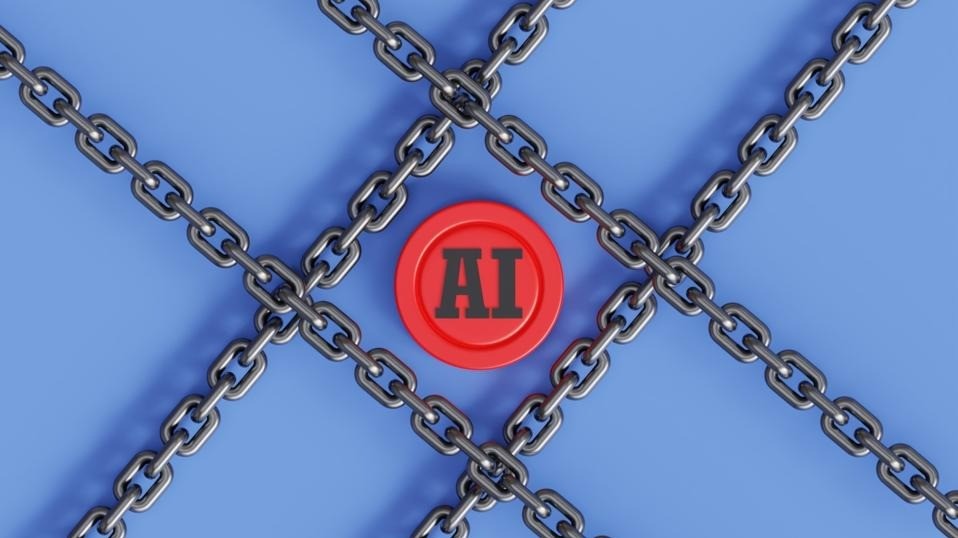7 Causes of Poor Employee Performance – And How to Address Them
2 July 2021
It’s every manager’s least favorite part of the job: someone on your team isn’t performing up to expectations, and it’s time to do something about it.
But before you decide how to address a performance problem, it’s important to diagnose the root cause.
In my experience, performance is the confluence of ability and motivation. An employee needs to have the ability to perform the task as well as the motivation to do so. Figuring out which is the cause of the performance problem can help you decide how to address it.

Lack of ability
The first four causes stem from a lack of ability:
- Resources
If your employee is lacking the time, money, personnel, or supplies to complete a task, he won’t be able to complete it, no matter how much he wants to. This is probably the easiest root cause to address, but you should also tell the employee that he should have come to you with his problem sooner instead of trying to make it work without the proper resources. - Obstacles
Obstacles might include getting a decision from clients or higher-ups, problems collaborating with another department, or other obstacles outside the employee’s control. As the manager, hopefully you can step in and help her tackle or find a way around the obstacle to get the job done. - Skills
Sometimes a performance problem is a simple lack of skills. Perhaps the employee was promoted before he was ready, or a new set of job duties has been assigned. Hopefully some extra training or mentoring can solve this performance problem. - Expectations
If no clear parameters or expectations for a project have been set, or if the employee has misunderstood them, this can be a major cause of poor performance. Go over project goals and deliverables again and see if you can help clear up any confusion or miscommunication.
Lack of Motivation:
The second set of causes for poor performance are more personal and emotional to the employee and are based in a lack of motivation:
- No carrots
Are employees praised or rewarded for good work? Some employees may begin to slack off if they perceive that their hard work goes unrecognised. For some people, having their good work recognised is vitally important to their work satisfaction, and their performance may improve just from past good works being recognized. - No sticks
The opposite problem to having no carrots is having no sticks. If there are no penalties for poor performance, some employees may feel they can “get away with” turning work in late or shoddily done. Don’t just start handing down punishments suddenly, however; take the time to review or design a step-by-step series of consequences for poor performance and announce them to the entire team before implementing. The first step can be as simple as talking about the problem, with consequences increasing from there. - Burnout
If an employee seems bored or burned out, it’s the manager’s job to try to help reenergize him. Being burned out is not a free pass for doing sub-par work, but it is a red flag to a good manager that the employee’s talents may be underutilized. A quick note: poor performance can also be a passive-aggressive way for an employee to try to redress what she sees as wrong, so be aware if she seems to harbor any anger or resentment as well.
As you can see, one size does not fit all when it comes to handling performance problems. Handing down a punishment for someone who lacks the proper resources or doesn’t have the necessary skills isn’t the right approach; nor is prescribing additional training for someone who really needs praise. Identifying the root cause of the performance problem is key before you can find the right solution.










Social Media